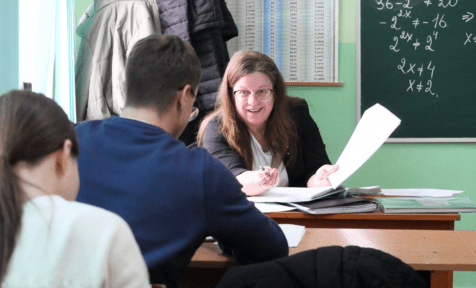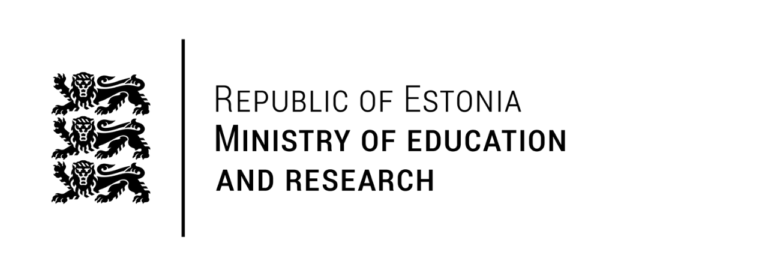The free-to-download book Improving National Education Systems After COVID-19 offers a detailed analysis of how twelve countries, including Estonia, responded to the pandemic’s educational challenges.
With expert input from PISA specialist Gunda Tire, the book explores strategies used by different education systems to address both immediate learning losses and longer-term equity issues. Estonia’s chapter showcases how a smaller nation implemented digital assessments and increased support for at-risk students, revealing unique insights into how smaller countries manage recovery in a global crisis.
Estonia’s strategies for addressing learning loss
In the Estonia chapter, Tire outlines targeted government actions to address learning deficits caused by Covid-19. Estonia’s approach includes schoolwide digital assessments to identify individual learning gaps, extra funding for smaller class sizes, and motivational summer learning camps. To support secondary students preparing for exams, universities offered free courses in core subjects. Meanwhile, teachers benefited from specialised online training aimed at helping them adapt to new teaching challenges.
Navigating new challenges amidst ongoing change
Estonia’s chapter highlights unique national challenges, such as the integration of Ukrainian refugee students during the PISA testing period. This urgency prompted reforms, including the phased transition of Russian-speaking schools to Estonian-language instruction to bridge performance gaps. However, challenges persist: a shortage of qualified teachers is straining resources, with recent PISA data revealing that 73% of Estonian students are in schools affected by staffing issues. These ongoing challenges underline the need for sustainable solutions within Estonia’s education system.
A vital perspective on resilience in education
Resilience is a central theme throughout the book, examining how education systems worldwide adapt to crisis at both the institutional and individual levels. For Estonia, this resilience involves maintaining high educational standards while ensuring that all students, regardless of background, have equal access to quality education. The analysis emphasizes fostering a sense of belonging in schools, which plays a crucial role in improving student outcomes and remains a central focus in Estonia’s educational strategy.
Key takeaways for educators and policymakers
‘Improving National Education Systems After COVID-19′ is one of the first comprehensive analyses of how COVID-19 has reshaped education worldwide. For educators, policymakers, and researchers, it provides valuable insights into what worked, what didn’t, and the lessons that can guide future improvements. Estonia’s chapter looks at a nation that has maintained high educational standards despite significant challenges, serving as both a case study and a source of inspiration for resilience in education.
Download the free book Improving National Education Systems After COVID-19 here.





